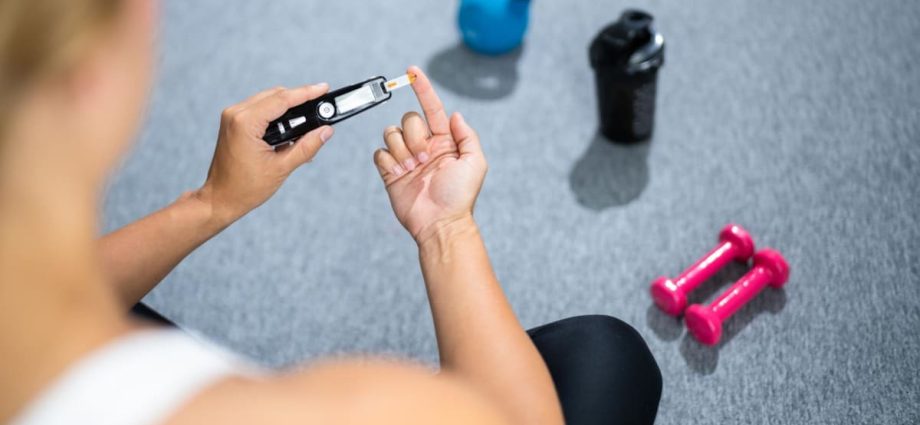
Dr Teo said this group of patients may seem well, but may have a family history of diabetes or some poor habits.
“In the past, perhaps we only pick up diabetes when they present to us with symptoms. That is something that we are trying to move away from, but to pick up diabetes at a much earlier stage,” he noted.
“And the good thing here is that we have more time for the doctors and patients to work together to actually possibly slow down, or sometimes even reverse these problems before diabetes contributes to some irreversible damage to the body.”
TARGETED TREATMENT FOR YOUNGER PATIENTS
With a younger and more educated pool of patients, it is easier to turn the tide, said healthcare practitioners.
“Fortunately, for the younger age group, we have more time to actually work things out. And because we are picking up much earlier, their control is not too bad,” said Dr Teo.
“What we usually do is start with lifestyle changes. So we will tell them we have a structured programme in terms of managing their weight, managing their sleep, managing their diet plans.
“So with a lot of these patients I see, we don’t need to start medication, and they can do quite well with these lifestyle modifications. The only question is whether they can persevere with these lifestyle changes in the long run, and they will definitely still need some form of regular follow-ups.”

